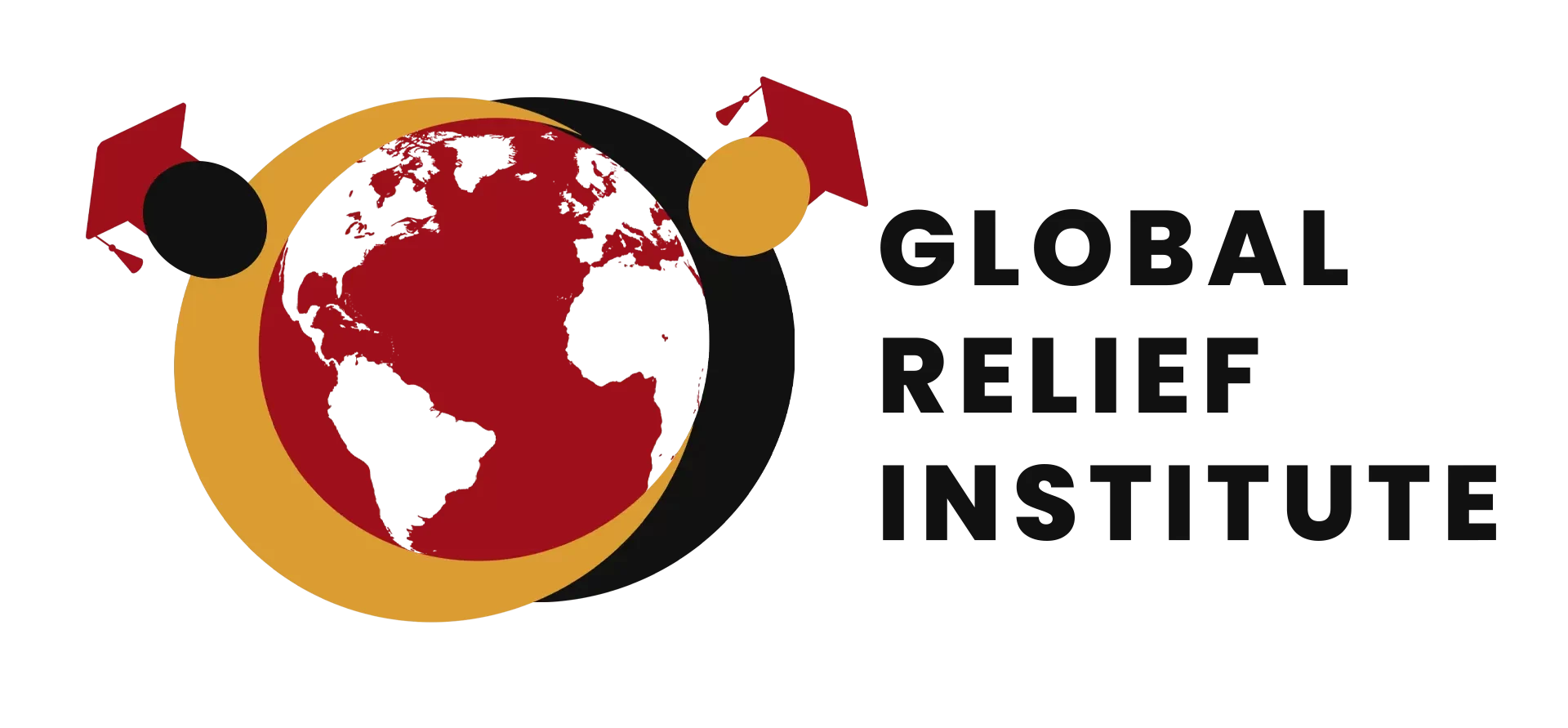Course Overview
The future of many organizations depends on their ability to manage projects, programs, and portfolios of projects, which increases the demand for skills in this area.
This course will examine the inner workings of projects by analyzing the characteristics of effective programs, which bring together a series of projects for mutually supportive and concerted action.
The course will pay particular attention to programs selected from the areas where the international public sector entities are most active, particularly post-conflict relief and development, and case studies will be reviewed to gain a deeper understanding of the relationship between policy and management of implementation.
Course Objectives
- Students who complete the course will be able to
- Design a program of action based on clear policy directives
- Draft a comprehensive project document
- Monitor and evaluate the implementation of an ongoing program with a view of recommending corrective action.
- Enhance skills in awareness of unplanned problems that may arise while they manage their projects
- Develop a toolkit of materials which will assist them to effectively address project design and managemCourse Overview
Managing people is one of the biggest challenges in an emergency situation as everything is dependent on human response. Exceptional management skills are a prerequisite for effective response to disasters and emergencies by being in a position to deliver quality outputs on time and under pressure is very important during an emergency.
The course focuses on theoretical and practical application of management tools and techniques in the field of working in humanitarian response.
Course Objectives
Upon the completion of the course, learner should be able to:
- Internalize all the management competencies while examining them in theoretical and practical humanitarian context
- Apply the techniques for managing people and projects to the humanitarian context.
Course Content
- The nature and impact of emergencies
- Qualities of an effective manager in humanitarian response
- People Management skills
- Assessment and management of risk
- Collaboration and coordination with other stakeholders
- Managing conflict in teams
- Monitoring and evaluating project, and reporting on progress
- Assessing needs and securing funding for emergency projects
- Accountability and particularity to beneficiaries
Exercises:
After reading course materials, students are expected to complete some relevant exercises and tasks to test their own learning.
Assignments
Students will be required to submit three assignments to demonstrate their understanding of the course content.
DURATION: 3 Months
REGIONS TARGETED: Global
COURSE FEE: €500
ORGANIZERS: GRI
LANGUAGE: English and French
FORMAT: Online Learning
GENERAL COURSE CONTACT:
ent challenges
Course Content
- International development project design and implementation
- Monitoring and evaluation methods
- Innovations and the practice of impact evaluation for organizational learning
- Management of monitoring and evaluation functions and teams
- Quantitative and qualitative research methods for field-based monitoring and evaluation
- Historical contexts and critiques of monitoring and evaluation
Exercises:
After reading course materials, students are expected to complete some relevant exercises and tasks to test their own learning.
Assignments
Students will be required to submit three assignments to demonstrate their understanding of the course content.
DURATION: 3 Months
REGIONS TARGETED: Global
COURSE FEE: €500
ORGANIZERS: GRI
LANGUAGE: English and French
FORMAT: Online Learning
GENERAL COURSE CONTACT:



